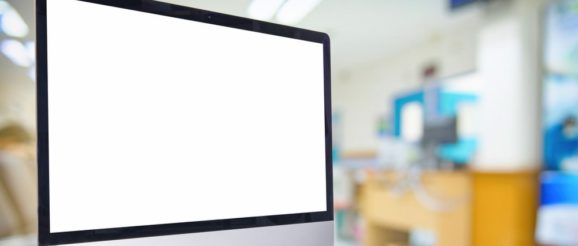How remote telemonitoring has helped in the COVID-19 response – Med-Tech Innovation | Latest news for the medical device industry

Antoine Valterio, country manager of UK/Ireland at ResMed, explains how it has responded to the COVID-19 pandemic, along with the launch of its AirView product.
At ResMed, we’ve recently accelerated the launch of AirView for Ventilation in Europe by several months as a result of the current crisis, to help clinicians and care providers maintain their quality of care for patients, particularly those they cannot physically see right now due to social distancing measures.This development we have made to our cloud-based monitoring platform means European clinicians and care providers can now remotely monitor their patients’ respiratory rate and SpO2, or blood oxygen saturation via their computer or smart device, which are two key indicators that should be monitored to track changes in a respiratory patient’s condition. They can also now access detailed respiratory information from ResMed ventilators Astral and Stellar, as well as Lumis bilevel devices. These devices are currently in use across the globe for the treatment of COVID-19 patients as well as those with chronic respiratory diseases.
Amidst the COVID-19 crisis, there are many other respiratory patients who rely on ResMed ventilators every day to assist their breathing. With a large number of these patients requiring regular check-ups and support from hospitals, physicians, and homecare providers, the AirView release helps protect patients and medical staff as well as increasing the capacity of the health system, with innovations such as telehealth and telemonitoring being used as critical services in the fight against the virus.
We prioritised the AirView release after observing the impact of the pandemic across Europe, and understood that patients and clinicians would benefit greatly from a digital health solution that enables the remote monitoring of breathing vitals. Our core strategy is about bringing care closer to home, and with the increased demand from the NHS for connected services that help free-up valuable clinician time, we recognised that the need for our technology is now more critical than ever.
More broadly, we have utilised our global heritage, expertise and collective knowledge since the start of the pandemic to offer ongoing expert advice to healthcare professionals about how and when to use our technology to support and save as many lives as possible. In the UK, our dedicated clinical team, many coming from the NHS, have been providing daily support to those on the frontline through virtual training, online tools and videos housed on a dedicated COVID microsite.
As demand for ventilators has increased dramatically, we have also been delivering thousands of ventilators and consumables to support the UK central government’s national response plan, in addition to our continued commitment to existing customers. We have launched a dedicated replenishment service, working on behalf of the NHS to alleviate pressure on supply services, and to deliver product directly to patients all over the UK.
With the demand for accessories also increasing, many of which are single use, supply on ventilator components has been difficult to maintain. ResMed in Lyon, France, worked alongside team members from around the globe, to turn the 3D printing facility, typically used for Sleep Apnoea Narval MRD device production, into a production facility for a leak port, one of the critical components in short supply. The global team was able to design, test, validate and produce these ports in 3 weeks while maintaining the highest of quality and safety standards.
Ultimately, we are dedicated to the preservation of life at ResMed and this governs every decision we make as a business, both during the pandemic and beyond. We continue to put our employees and our patients first, ensuring their safety above all and we feel privileged to have been able to contribute to the monumental global effort against COVID-19. Technology will continue to prove vital as we support patients both fighting the virus and those with existing conditions. Remote monitoring and telehealth is also helping to alleviate pressure on the NHS and key health workers both during the crisis and in the aftermath as our healthcare system recovers.
